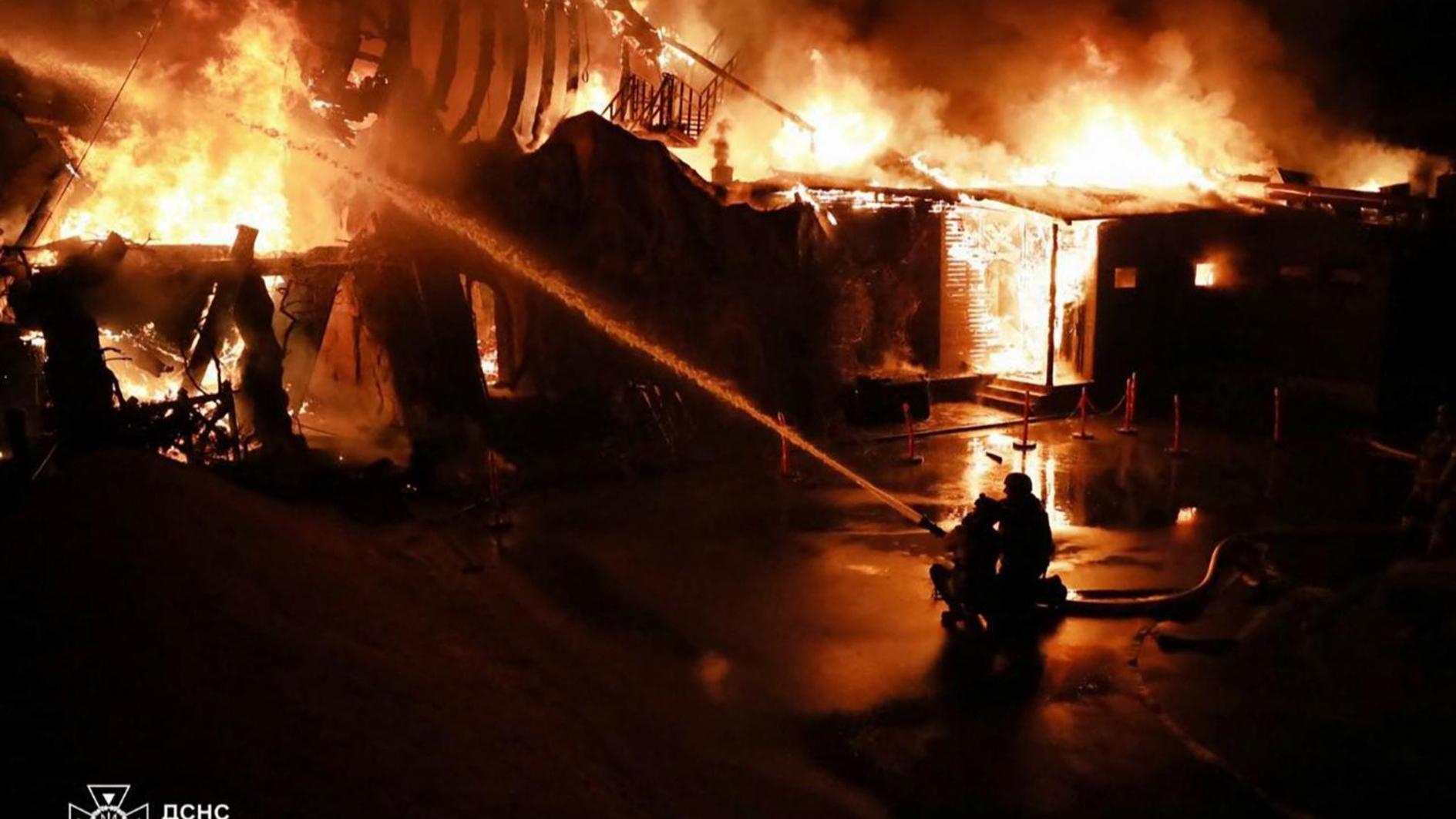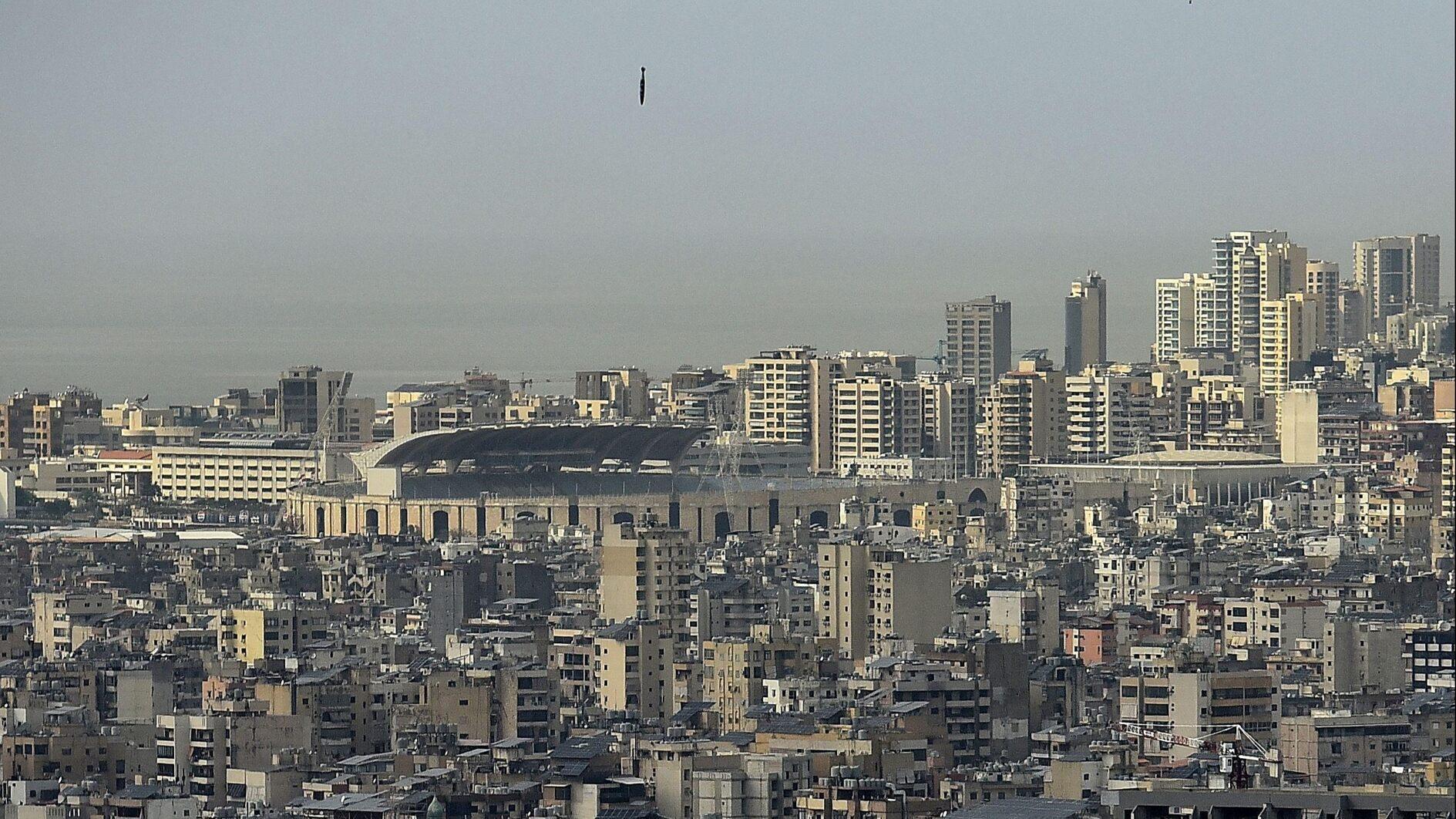The new Supreme Council of Judges and Prosecutors
A newly elected member of the Supreme Council of Judges and Prosecutors (HSYK), Mehmet Yılmaz, who was elected as part of the “Unity in Justice Platform” list, called me. We had a conversation that has increased my hopes.
Yılmaz said his words about the concept of the judiciary being “in harmony with the executive body” was somehow incompletely reflected in the media. His full sentence was apparently this: “In such a way that would not harm our impartiality and independence, it is essential and correct that the administrative councils, such as the HSYK, operate in harmony with other public institutions, the legislative and executive powers.”
Yılmaz wants to draw attention to what he said “in such a way that would not harm our impartiality and independence.” He said he became a candidate on the condition of independence and impartiality. He said, “You can ask about me to İbrahim Okur.”
Honorable and impartial
So, I asked Okur about Yılmaz. He responded as follows: “Yılmaz is a respected individual in the justice community. I believe he will act resolutely on the matter of independence and impartiality. Actually, I previously nominated him when a general secretary and a chief inspector were elected to the HSYK. A pluralist composition has been formed in the HSYK.”
Yılmaz listened to my talk on the “Impartiality of Justice” in the HSYK conference held in the Central Anatolian town of Afyon. He said he liked it a lot.
Indeed, it is extremely pleasing that Yılmaz has this determination over the principles of independence and impartiality, which every member of the judiciary should make an issue of honor.
It is also an expression of confidence that the social democrat-oriented Yılmaz was elected with 5,758 votes.
Expectations of the government
I do not personally know the judges and prosecutors who were elected to the HSYK. I have not referred to any one of them by name in any of my columns. My critiques were for the unprecedented ambition with which the executive body was interfering in an election concerning the judiciary.
I believe and hope the new members will act independently and impartially. Yılmaz’s sincerity on the phone and especially his control of concepts affected me. My hopes have increased.
However, the government now has expectations from the HSYK. In the new justice package, the procedure and criminal codes that were amended seven months ago have been changed again. Justice Minister Bekir Bozdağ himself is saying that they may be criticized for making and unmaking changes. A state of law that reverses its amendments in fundamental laws within seven months! It is obvious that they are being changed with political aims…
According to the new bill, the investigation judges at the Supreme Court of Appeals (Yargıtay) will now be elected by the HSYK alone, bypassing the Supreme Court Presidency Council. Why? The reason is obvious. It is an expectation similar to the specially appointed “justices of peace.”
The honor of the judiciary
There are both expectations from the government about the HSYK, as well as suspicions among the public that it will be pro-government. To act impartially and independently means resisting both of these.
We have both honorable and dishonorable examples in our judicial history on the matter of the independence and impartiality of the judiciary.
I feel the need to re-restate the words of the president of Yargıtay in 1960, Recai Seçkin. These were his words, spoken to the leader of the coup, the head of state, the government, and the head of the Turkish Armed Forces, Gen. Cemal Gürsel: “If the judge rules, instead of based on legal principles and his conscience, but under the influence of administrative people or one of the parties of the case … Then his ruling is nothing but a document of oppression.”
The late Seçkin uttered these words in his speech at the opening ceremony of the legal year of the Yargıtay, the high court that is trying to be restricted today. Seçkin passed away, leaving an honorable name in our justice history.
Indeed, every member of the judiciary wants to have a place in the page of honor in the history of justice.











